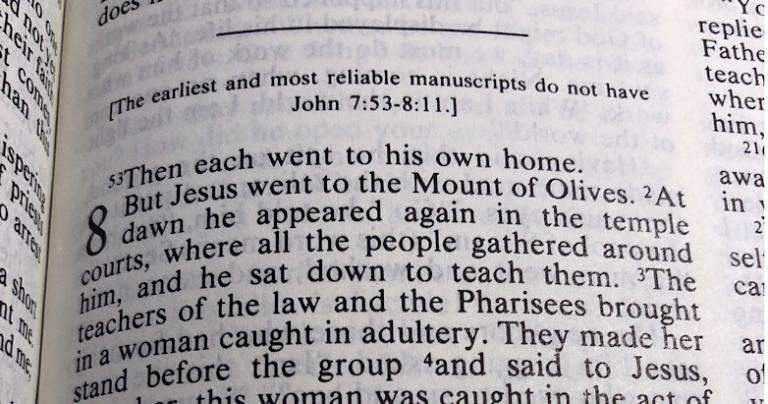
Did you know that there are Aramaic translations of the New Testament from the fifth century? This is important because Jesus Himself almost surely spoke in Aramaic.
A minority of scholars have argued that some of the New Testament was translated from Aramaic to Greek, but that seems unlikely. Greek was the common language of the place where Christianity was born. The disciples and apostles would have hired scribes who tended to write in Greek.
The importance of early translations of New Testament books is a vital reason to accept what almost all scholars, Christian and non-Christian, accept: We know what Paul wrote in Romans and what was intended even in books with unknown authors like Hebrews.
Very old translations into other languages are “checks” on the manuscript tradition.
Sometimes ill-informed people will use the “telephone” analogy to describe the transmission of ancient texts. This is stupid enough that most scholars do not bother to debunk it, but since it pops up every so often it’s worth a comment.
There is a fun youth group game where people whisper a secret to each other. At the end of a long line of listeners, the last announces what she has heard. Behold! Often the message has been garbled! Oddly, I have heard this used (though not by scholars trained in ancient textual criticism) as a description of the transmission of Biblical texts to us.
I met a man who imagined monks copying texts, adding stuff, and then other monks copying that new stuff and adding stuff of their own, to the point that we cannot be sure what a New Testament book says. He used the “telephone” game as an analogy.
Beyond noting that nobody under forty has a clue what a “telephone” is (in the sense needed), I responded that the analogy is fatally bad.
First, copying books in ancient times was big business and the customer wanted an original. Mess up and risk not being paid.
Second, the copies that the customer ordered did not take place in a youth group room with people whispering. The copy could be compared to the original in real time.
Mistakes were made, but mostly predictable ones (skipping lines, words, repeating) and they were fairly rare. The buyer wanted a perfect text. Though he never got it, he got one that was very good.
Since we have access to many copied manuscripts, to fragments to check our manuscripts, classics folk and Christians can relax. Plato may be wrong, Paul crazy, but we know what both thinkers said.
If you think that Plato and Paul were right, then you can rejoice: we have the goods.
Skepticism about textual transmission had a day in the nineteenth century, but oral transmission defeated it utterly. When working on Homer in grad school, I learned that nineteenth-century scholars assumed that if a work was transmitted orally innovation and addition would run riot. Instead, when someone studied existing oral cultures, they discovered a high degree of accuracy in transmission.
Oral performers got it right, and “errors” were rarer than anticipated. In fact, an individual performer’s “innovation” would get washed out by the conformity (in that area) of most other performers.
This was a shock to the academic system if you were the white man’s burden sort of person who thought ancient peoples were easily duped.
History laughs out loud at our chronological prejudice.
Let us assume that someone controlled all the Greek manuscript traditions (CONSTANTINE!) in a giant Dan Brown conspiracy. The fact that fragments discovered centuries after the “accepted” text confirm that text should defeat this paranoia.
Assume it does not. Instead, we have translations that in a few cases (see the “camel” going through the eye of a needle in the Aramaic) depart from the mainstream Greek text. These are very ancient translations that cannot depend (given their differences) on our mainstream Greek textual tradition. What do we discover?
We have the Gospels the evangelists wrote and the epistles produced by Paul. Almost surely, almost entirely.
Relax.
Read Paul in Romans and follow the argument. Agree or disagree, you are reading what Paul wrote more surely than you are reading what Plato wrote in Timaeus.
Only idiots, academic eccentrics, and advocates think otherwise.
Rachel Motte edited this essay.













